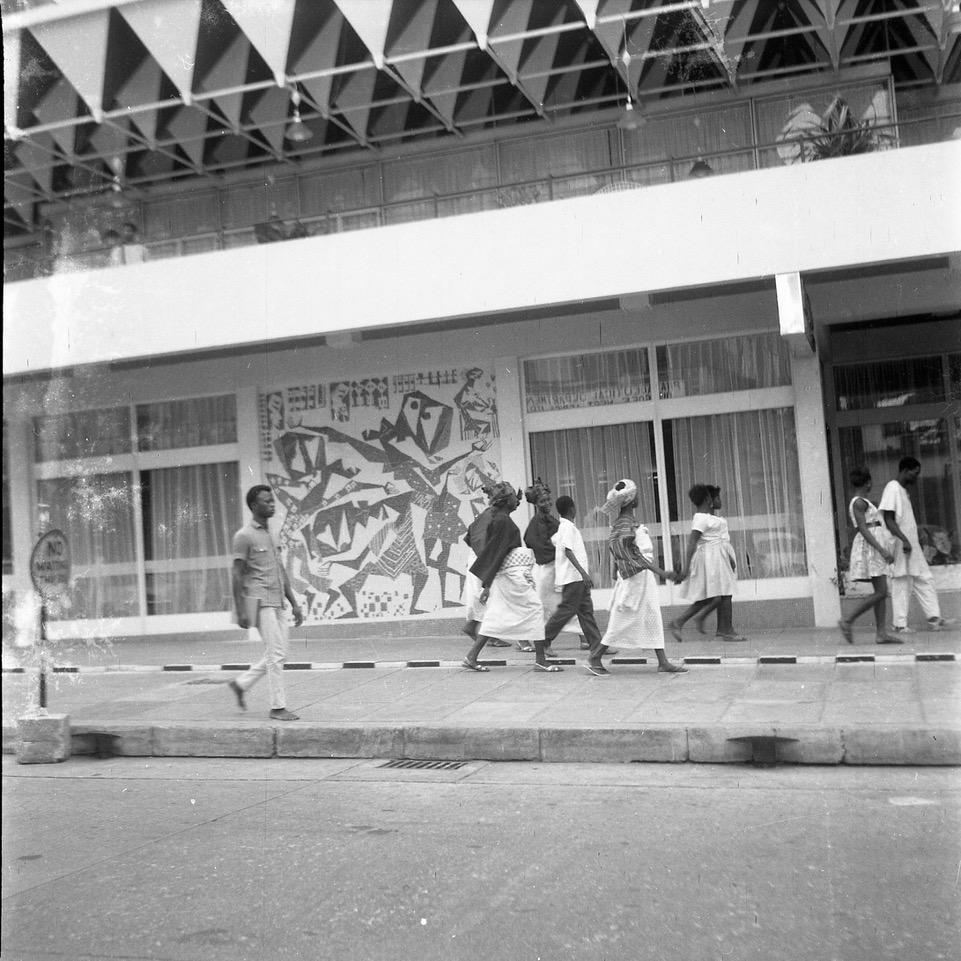
Black Orpheus Dispatch: A Conversation | by Shalom Kasim
On Re-Presenting History 68-sh, 50-sh years later
I.
Last year, November, I was in Lagos for the onboarding process for my research fellowship at Archivi.ng. This was coming after all the ‘Hello, we’d love to hear more about your project,’ ‘Tell us about yourself/your history of knowledge work production,’ and ‘You will hear from us’ correspondence with Fu’ad Lawal (Executive Director at Archivi.ng) and Samson Toromade (Storytelling and Community Lead). Then I got the congratulatory email with the subject line, ‘Update On The Archivi.ng Fellowship: You’re In.’ I was off to Lagos about 10 days later.
You know, there have been many moments, but I’d like to talk about one I tend to replay in my head every time I remember my onboarding: recording an introductory video. It seemed simple enough, for someone who has spent some time behind the camera. I grew up in this family where there were more cameras than siblings (there are three of them). My father started out as a photographer. He spent good time making some moderate income covering weddings, naming ceremonies, burials, festivals, and any other event someone felt should be preserved beyond its occurrence. Here and there, I did use – and spoil – some of those cameras – trying to take random photos of people and things, and sometimes, ‘organised’ compositions. No matter how I tried, I would always have my old man complain about the edge, shadow, or whatever-thing-about-exposure I didn’t get right. When I realised I could never meet my father’s expectations behind the lens, I gave up trying, and settled for just taking photos, whether they were good, fair, or bad. Just when I thought I’d come to a resolve about photography, there I was returning to the camera. This time around, in front of it, to talk about myself and my project.
I can’t particularly recall how many takes there were, because after the fifth one, I stopped counting. And started sweating so much I had to use a face wipe. And now, every time I watch the video, I can’t help but notice that my head is tilted slightly to the left throughout. T-H-R-O-U-G-H-O-U-T. Then there’s my Kanuri accent (Lord, have mercy), which is particularly pronounced when I say, “…from 1957 to 1975…”
About three weeks later, meeting Kọ́lá Túbọ̀sún, my fellowship mentor, was another highlight (and, by the way, I just realised that ‘Kọ́lá Túbọ̀sún’ is a different person from ‘Kola Tubosun.’ You see this thing called diacritics, may they not put you in trouble. A confession: every time I want to message Kọ́lá , I have to go back to his name – which is either from email or the introductory chat on WhatsApp – copy it, and paste it to the new message. Kọ́lá didn’t complain the first – and only – time I spelled his name as ‘Kola Tubosun,’ but I don’t want to picture myself doing that again). After our first meeting, Kọ́lá hit me with a question I was not expecting: “How do you say ‘goodbye’ in your language?” For a moment, I was stumped. I didn’t have an answer. It took about a week of research (because I was too ashamed to ask my father) to find one, and when I finally did, I recalled it was a familiar word I’d heard growing up in Gombe: “Fájárrà.”
II.
‘Documenting the Story Behind Black Orpheus’ might sound self-explanatory, but trust me, it is anything but straightforward. My interest in the journal arose by sheer coincidence, one that I have found myself explaining more times than I can recount. Some years ago, while visiting a friend’s house, I found an old edition of the journal, minutes from being tossed in the bin. I picked it up and found myself flipping through the pages, where I saw names like Wole Soyinka and Aimé Césaire. I knew these names on a surface level, even though Soyinka was someone I had long admired. So, it was only natural to take the publication home. Years later, a realisation hit me: that the story behind the journal, much like that old edition I’d found, was dangerously close to being lost. And that’s where Archivi.ng comes in.
When we archive, what are we really doing? Immortalising the past, or elevating certain narratives while erasing others? To archive, in essence, is to curate the human story, which is a process often perforated with subjectivity, and the selective blindness – or unavailability – of those who decide what is worth preserving. Literature, particularly in the form of journals, magazines, and anthologies, has long been a vehicle for documenting the human condition. It’s like that secondary school definition almost every child in Nigeria can recall: Literature is a mirror of the society. But like all mirrors, they are imperfect. And they can break. For every journal that has survived the ravages of time, countless others have been lost to neglect, censorship, or the fragility of their physical forms; and for even those that survive through archiving, the act of curation itself is fraught with unconscious bias. Which issues are digitised? Which authors are anthologised? Who is available to digitise these materials? Which stories are representative? These decisions and more contribute to the stories we get to hear. For instance, if Archivi.ng and OlongoAfrica were not available to undertake the Black Orpheus Project, a lot would, in time, be lost. As things stand, these efforts are honestly, sincerely, long overdue.
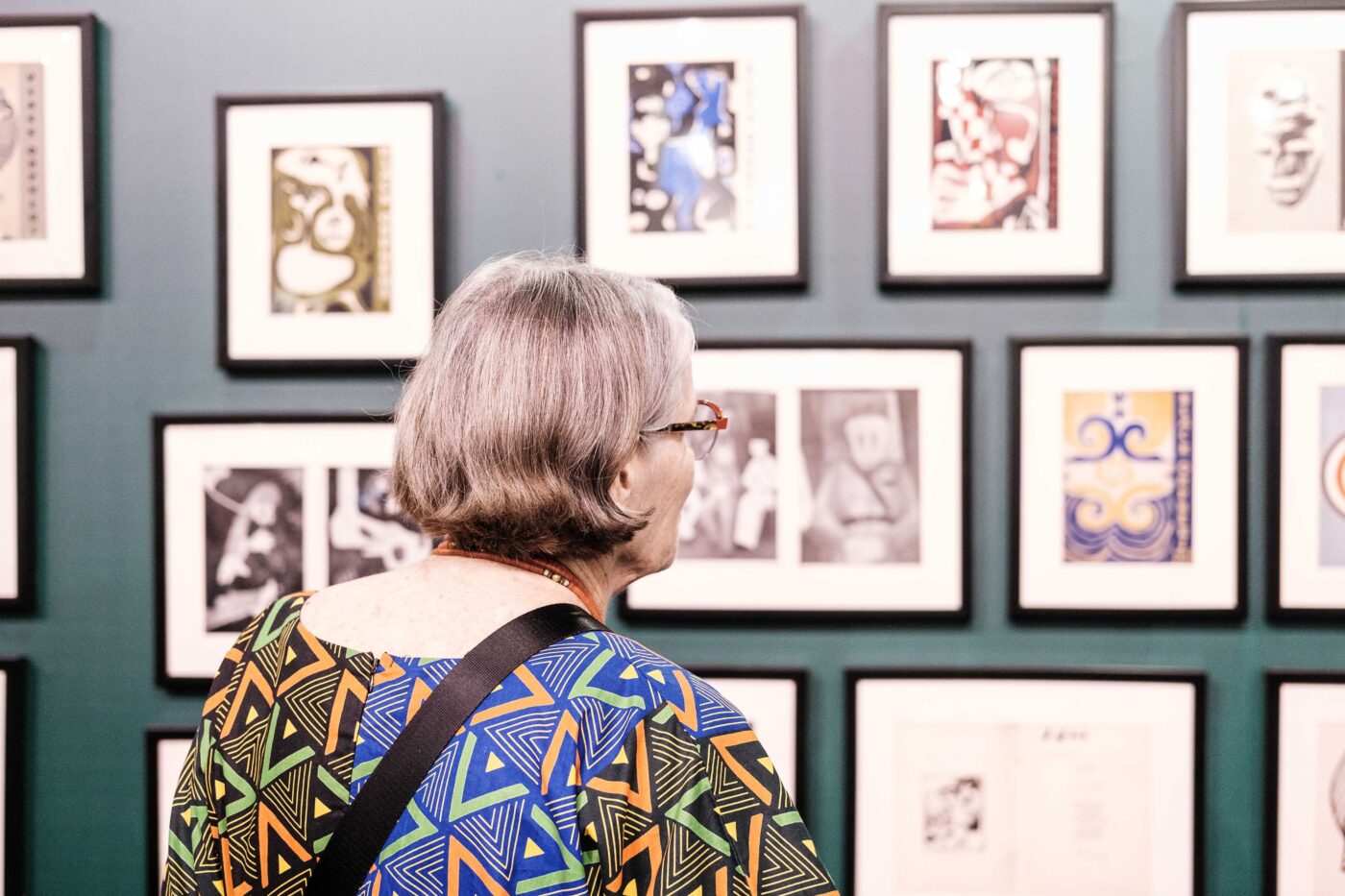
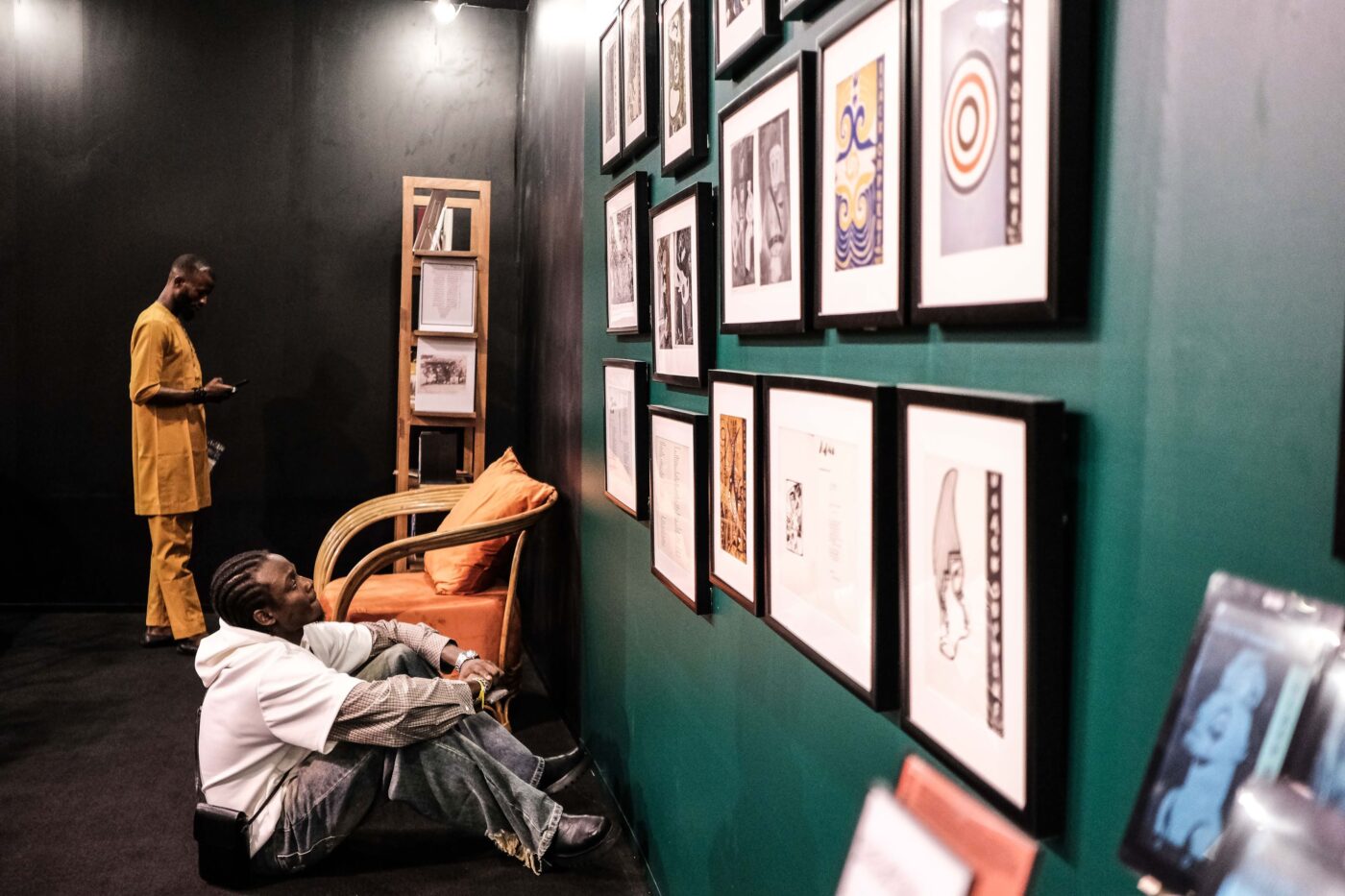
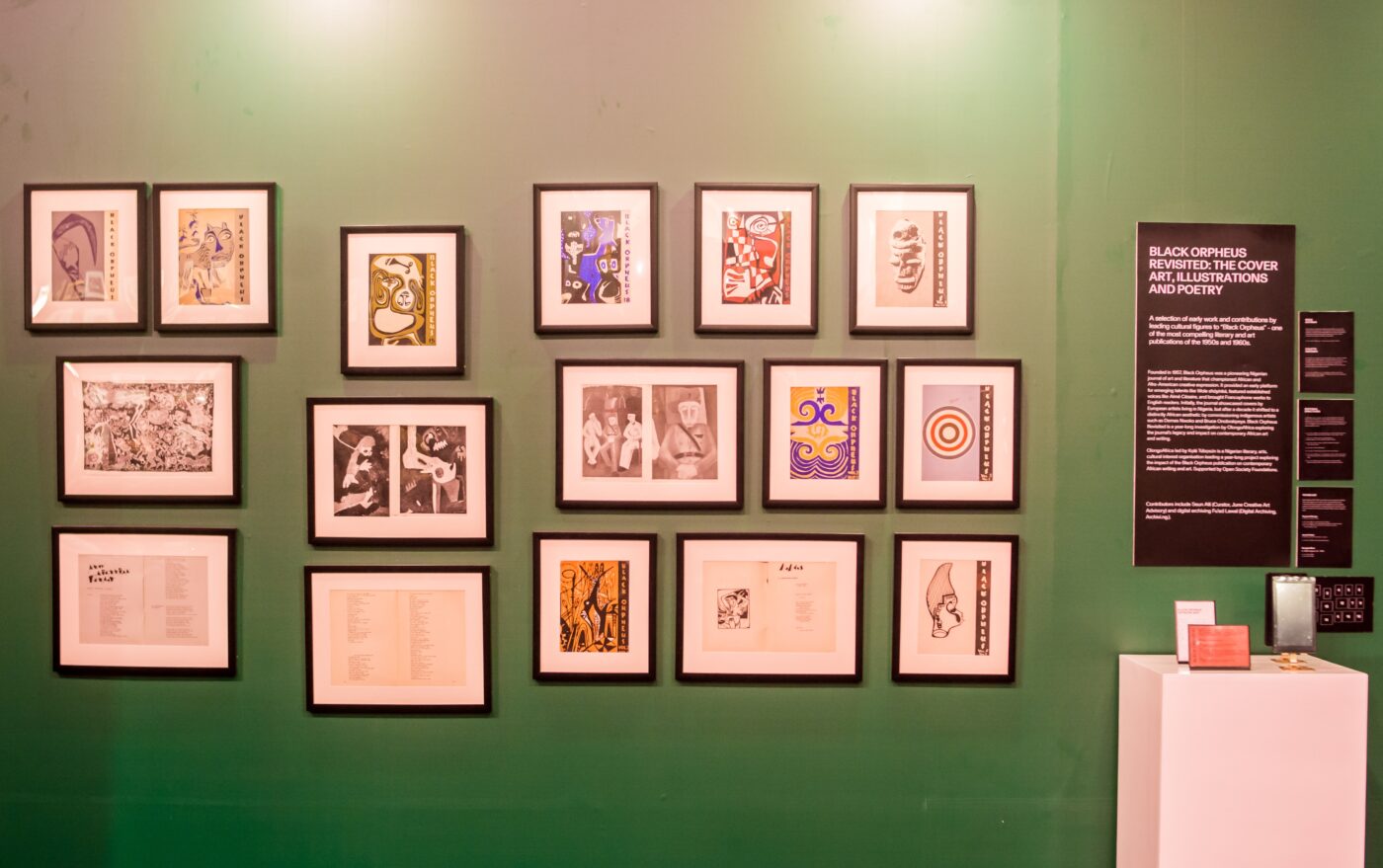
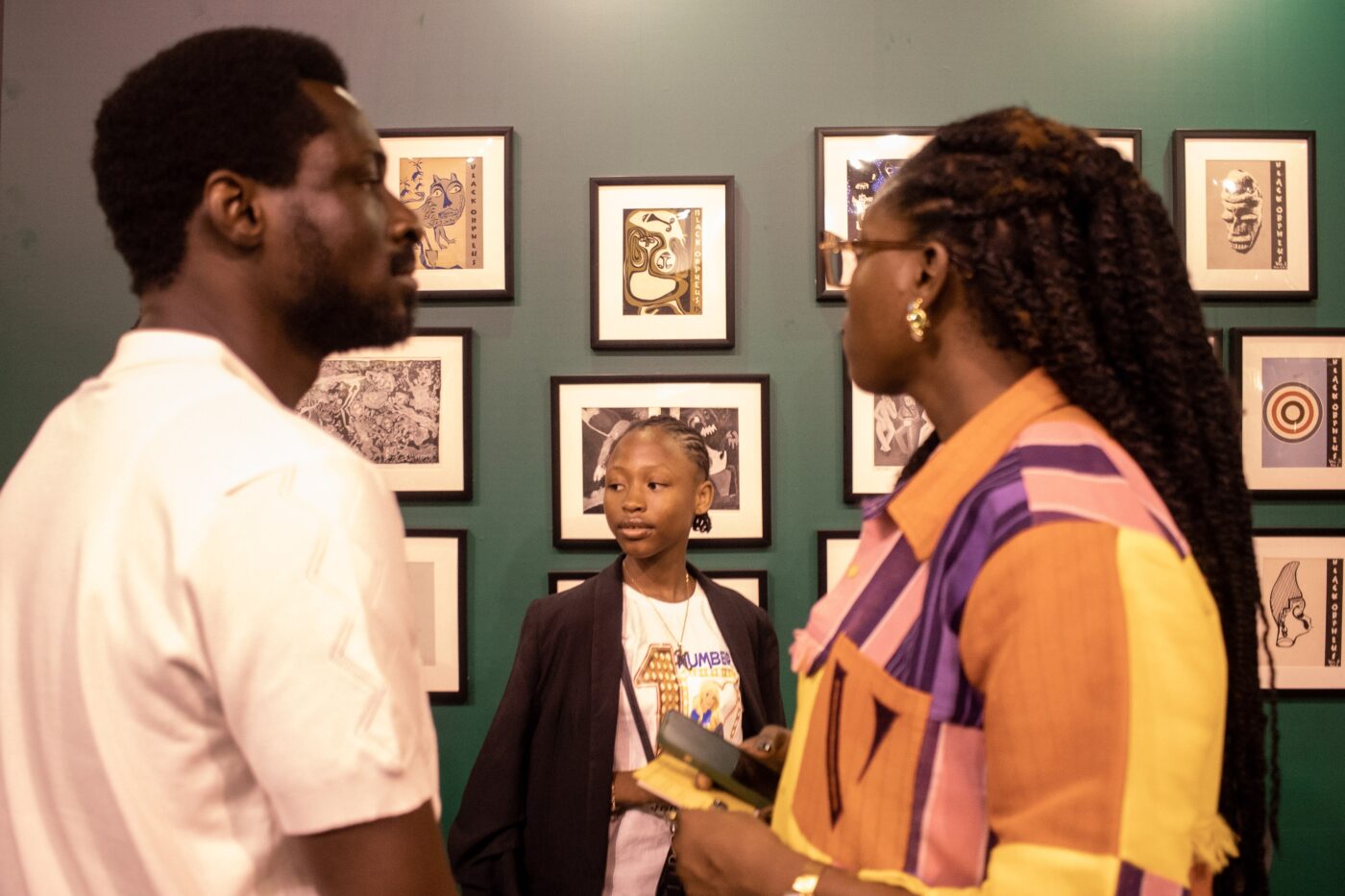
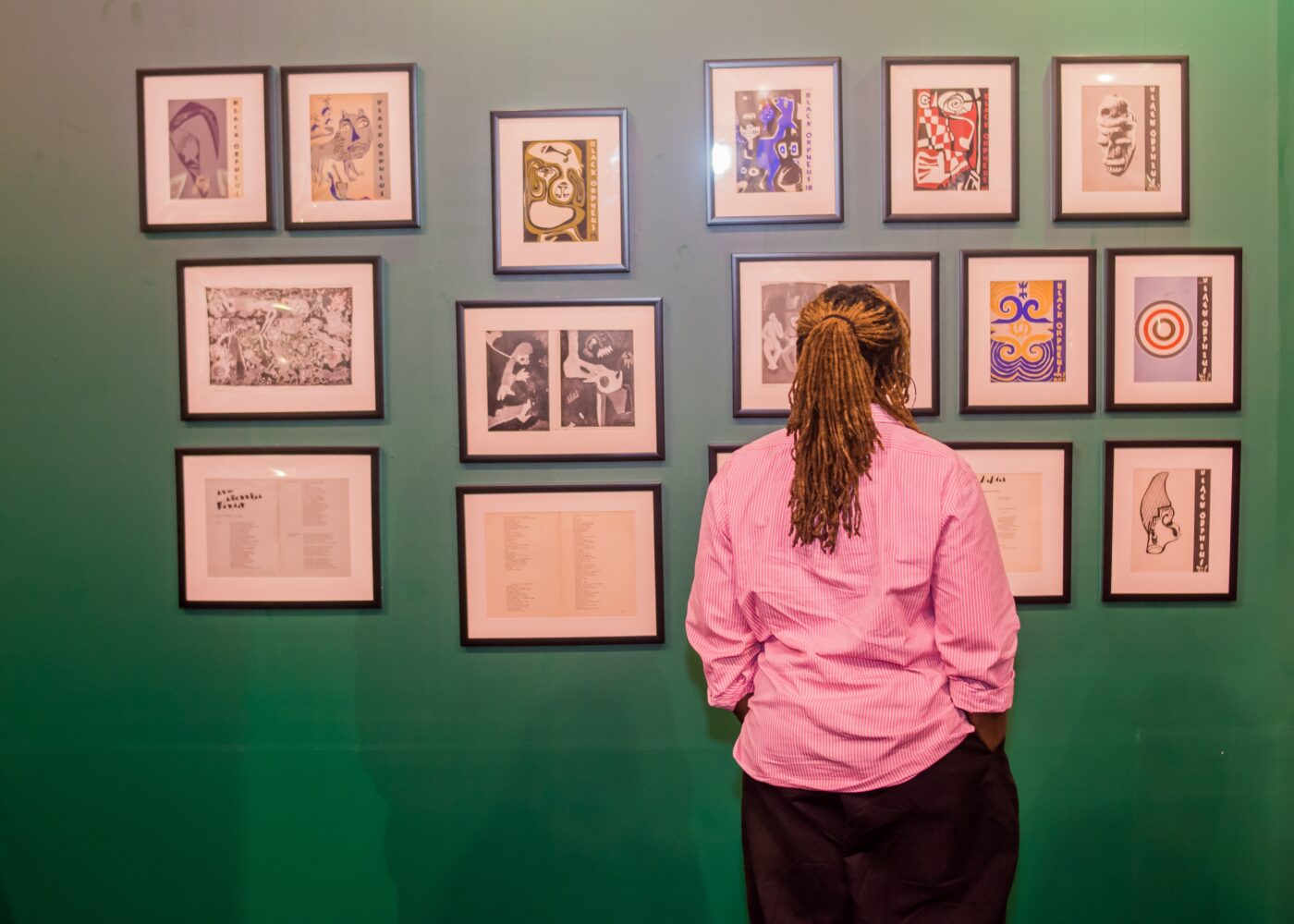
To archive is to fight oblivion, driven by an urgency that births the human desire for immortality and a refusal to accept the ephemerality of existence. But in our expedition of defying time, we often forget that even these archives themselves are mortal. Papers have decayed, and will honestly continue to decay until they completely phase-out and give room to digital formats, which are, themselves, prone to obsolescence. Then there is the entropy of human attention, too. Early newspapers and magazines in colonial Africa, for example, may have done a fine job documenting the political struggles and cultural realities of the people, yet, the survival of these publications has been alarmingly uneven. Many were printed on paper that deteriorated rapidly in humid conditions. Others were deliberately destroyed by colonial authorities who feared their ‘seditious’ content. The surviving copies that haven’t yet come under the aegis of Archivi.ng, are most probably in foreign archives. Moreover, those that have been – or will be – digitally archived by Archivi.ng may be far removed from the communities they once served and stored up in media that may be difficult for some demographies to access.
Technology does a fine job of ‘archival immortality,’ but even digital archives like the one at Archivi.ng, tentatively the best solution to the fragility of physical media, are themselves vulnerable to some of the issues that come with advances in tech: corruption, server failures, shifting technological standards, and so on. Suffice to say, the promise of ‘eternal preservation’ through digitisation is, at best, a comforting illusion. At worst, it is another form of erasure.
Archiving is never a neutral act. It is a process shaped by the priorities and prejudices of those who control it. The archival practice of colonial administrations in Africa explains this best. The records they preserved were meticulously detailed when it came to taxation, labour recruitment, and trade. But they were glaringly silent on the human cost of colonial policies: displacement of communities, exploitation of natural resources, forced labour, you-name-it. These omissions, I believe, were not accidental. They were deliberate acts of silencing strategically employed to present colonial rule as a civilising mission that it was, not the oppressive regime it wasn’t.
The same dynamics are at play in archiving history, especially literary. Even the act of digitisation is not immune to these biases. Digital archives are expensive to create and maintain, which means they are often controlled by institutions of the Global North. As a result, the digitisation of African literary and cultural materials, if not in the hands of an initiative such as Archivi.ng, is most probably undertaken by foreign universities and libraries. Which leads us to ask questions: Who owns them? Who has access to them? Who gets represented in them?
There is an urgency that should come with the realisation that stories are fragile things. When we archive them, however, we risk reducing them to immobile artefacts that don’t fully capture the dynamism of their original context. This fragility is further compounded by the limitations of archival technology. Hard drives fail and cloud storage is not immune to corporate mismanagement or cyberattacks. Safe (and sad) to say: The very tools we use to preserve stories can become the agents of their destruction. Even when stories are preserved with none of these worst case scenarios playing out, the act of archiving can impose its own tyranny. Archives often prioritise textual over oral histories. It is at this point that I should mention my friend Smish, who is in the same fellowship cohort with me. His fellowship project is about using archival materials to produce episodes for Ordinary Nigerians – a podcast about people who might otherwise only appear on the pages of newspapers when they steal a bag of charcoal, rob a bank, or send someone packing from this world.

Archiving is a combat zone where battles are fought over identity and memory. After the battle, winners inscribe their wins, while the vanquished scurry into obscurity. Take the global literary canon, for example. Works by Western authors have historically dominated this canon, not because they are inherently superior but because they have benefited from institutional frameworks of publishing, translation, and academic study. African, Asian, and other Indigenous literatures have, on the other hand, been systematically marginalised. And even within African Literature, there is an interesting scene playing out: English-speaking countries like Nigeria, Kenya, and South Africa overshadow their Francophone, Lusophone, and smaller linguistic counterparts. So you see: fair play.
The majority of big-name-institutions that preserve literary works (publishers, universities, and libraries) are often located in the Global North, where decisions about what to archive are influenced by Western tastes and priorities. Journals and magazines are particularly vulnerable to this archival lopsidedness. In Nigeria, for example, a magazine like Black Orpheus. It published criticism, poetry, and visual art that engaged with the pressing issues of its time, yet it has largely disappeared from public consciousness, and is at risk of being forgotten. Hence, documenting the story behind Black Orpheus is an attempt to ensure that the answer to the question – ‘Who gets to decide what is archived, and by extension, what is remembered?’ – is as straightforward as it should be. Archiving is a gatekeeping function that shapes the boundaries of collective memory, and in the context of literary archives, this authority is often concentrated in the hands of editors, publishers, and curators who wield significant power in determining which works are preserved, which are anthologised, and which are left to fade away. Their decisions are influenced by a host of factors, ranging from aesthetic to commercial. And these factors are rarely transparent.
The question of authority also extends to institutions that house the archives. Libraries and museums, particularly in the Global North, have long been the custodians of literary and cultural materials from the Global South. The big question is: why should manuscripts by African authors be housed in British or French institutions, far from the communities they represent? How can these archives be made accessible to scholars and readers in the countries of their origin? These are questions to aid the decolonisation process.
If archiving is an act of remembering, it is also an acknowledgment of the inevitability of forgetting. Not everything can be preserved; not everything should be, in the first place. The ethics of forgetting is a complex dimension of archiving, especially in the literary world, where classical stories have taught us again and again to see forgetting as a failure. Take, for example, the Greek guy after which, for whatever reason, my focus-study is named after. Orpheus, given the chance to bring his wife Eurydice back from the dead, was warned not to look back until they had fully exited the Underworld. However, in a moment of forgetfulness and/or doubt, Bro turned to check if she was really following him. He lost Eurydice forever. And sometimes, we tend to be doing just that: turning to see if every aspect of our history is following us. And we don’t always need every aspect of our history to do that. Forgetting can also be a form of liberation. For example, the erasure of colonial propaganda from African archives is not necessarily a loss (topic for another day). However, the ethics of forgetting becomes problematic when it is imposed rather than chosen.
How, then, can we reimagine archiving in a way that is more inclusive and reflective of the convolution of human experience? Or, firstly, can we, even? I think so.
We must begin by confronting the power imbalances that have shaped (and continue to shape) archival practices. To speak of archives without addressing the question of power is to perpetuate the very injustices they often serve to obscure. Who gets to decide what is archived? Who determines what deserves preservation and what is discarded or erased? Who will go out to get the work done? Who will fund it? And, perhaps most damning of all, who benefits from the knowledge contained within these repositories?
More than ever before, there is an urgent need to decolonise archives beyond merely repatriating cultural materials to their places of origin, although that is a critical (and long overdue!) first step. Repatriating cultural artefacts is acknowledging that the objects housed in Western museums and archives were not acquired through fair trade or benevolent discovery but through plunder and outright theft. These items (oftentimes sacred artefacts in form of carvings and textiles) are objects-on-display in galleries where they are taken to, but to the cultures from whom they were stolen, they represent identity. To hold them hostage in glass cases thousands of miles from their places of origin is not preservation; at best, it is cultural imperialism masquerading as scholarship. At worst, it is barbarism.

Repatriation, as necessary as it is, is not enough. It must be accompanied by a reimagining of what archives are and who they serve. We must do what Archivi.ng is doing if we want to preserve our history: democratise access to archival materials by breaking down the barriers that have turned archives into exclusive fortresses of knowledge accessible only to the privileged few: geographical, financial, linguistic, and technological.This is not a utopian fantasy, though it might sound like one. It is a possibility within our reach, one that requires investment. Serious, sustained investment in infrastructure, training, and capacity-building, particularly in the Global South. It is not enough to scan a few documents and call it progress. We must ensure that the technology itself is accessible, that it is not a tool of further exclusion but of empowerment. This means equipping local communities with the resources and skills they need to digitise their own histories, to tell their own stories, and to share them on their own terms.
Yet here, too, we encounter some power dynamics. Who funds these initiatives? Who controls the platforms on which these digitised archives are hosted? Who decides the metadata, the keywords, the context in which these materials are presented? Too often, the answers to these questions lead us back to the same institutions and systems that created the problem in the first place. Digital archives, too, if not critically and ethically managed, risk becoming just another tool of neocolonialism: another way for the powerful to assert control over the narratives of the marginalised. Hence, democratising access must go hand in hand with decentralising power. How? Simple: challenging the monopoly of Western institutions over global knowledge production and insisting that the Global South is not a passive recipient of archival ‘aid’. Insisting that we are active participants in shaping the future of how we remember how we got here.
Then we must come to terms with the ethical dimensions of archiving. Here is a truism: every archive is, by its very nature, a site of omission as much as it is a locus of inclusion. For every history catalogued, there are countless others that have been lost to time, neglect, or premeditated decisions of those who deemed them unworthy of remembrance. Archiving, then, is, like I mentioned, not a neutral act. It is a process of deciding whose histories deserve to be carried on, and whose don’t. It is an intentional act of prioritisation that raises difficult decisions about what to include and exclude. Case study? The Archivi.ng Fellowship’s whittling down of 1,438 applications to just five fellows!
The sheer volume of the number of applications should give us concern, as well as make us a tad hopeful. Each applicant represented a unique potential contribution to the collective understanding of Nigeria’s past, yet, due to limited resources, only five could be chosen. The fellowship’s focus on specific parameters such as “rigour, alignment, use of archival materials, and feasibility” is commendable, but think of it this way: how many priceless stories and perspectives are lost because they do not align with current funding priorities or timelines? At least 1,433. Fu’ad says they wish they could take all the applicants, but it is a sentiment familiar to archivists worldwide: the heartbreak of exclusion.
If we are to be ethical in our attempt to archive history, we must start by being brutally honest about the limitations that pervade the archival process. It requires us to ‘expose’ the subjectivity, the politics, and the power dynamics that inform every decision made within archival institutions. There are questions that must be asked, and the answers, uncomfortable as they may be, must be made visible to those who engage with the archive. To do anything less is to perpetuate the myth of archival neutrality. Transparency, though, is, again, not enough. Ethical archiving demands a reckoning with the stories that have been lost. It means recognising that every archive is, in some way, haunted by absences: hushed voices, destroyed artefacts, lives lived without leaving behind a trace that the archive thought worth preserving, etc. And this leads us to perhaps the most critical ethical obligation of all: engaging with the communities whose stories we seek to preserve.
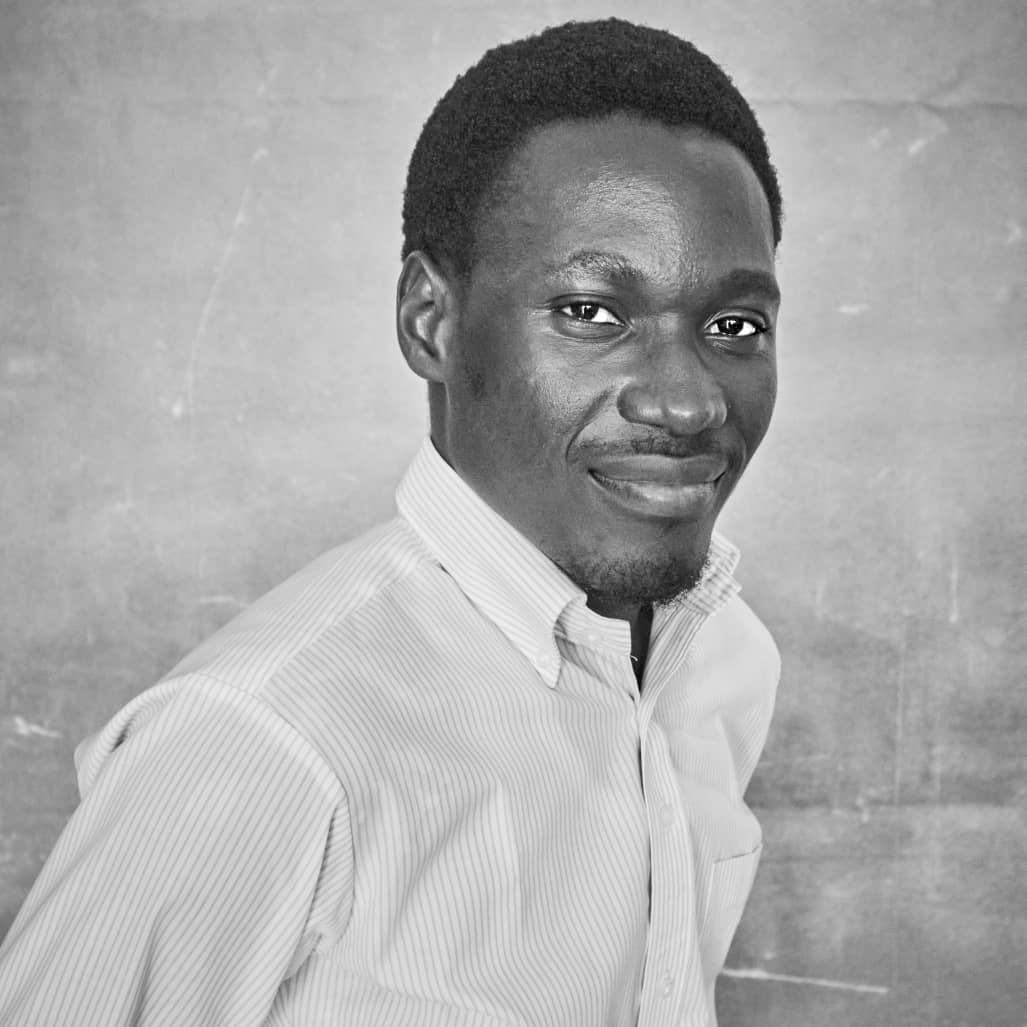
Too often, archives have been spaces where communities see their histories locked away in inaccessible media. Ethical archiving demands archivists to move beyond the role of gatekeepers and become co-workers with these communities to ensure their voices are represented and accessed. And, no, this is not a matter of tokenism or performative inclusion; this is involving communities in decisions about what is preserved and how it is made accessible. It means realising that the role of the archivist is not to control these narratives but to make them available. And accessible.
III.
There is a fundamental tension about archiving: no matter how rigorous an approach, no matter how much care the archivist invests in every aspect of their project, there will always be something that escapes. Not all stories can be told, and not all artefacts will be available, so, can we call something “complete” when we know that much of the context is missing?
More later. I’ll see you soon.
____
Kasim is the Managing Editor of Mud Season Review and lives in Jos Plateau, Nigeria. He is one first fellow of our Black Orpheus Exploration Project, which we chose in collaboration with Archivi.ng. This is his first dispatch; he will write one for each month of his fellowship. The names of other selected fellows from our application will be announced in coming weeks. You can read more about the project here.
